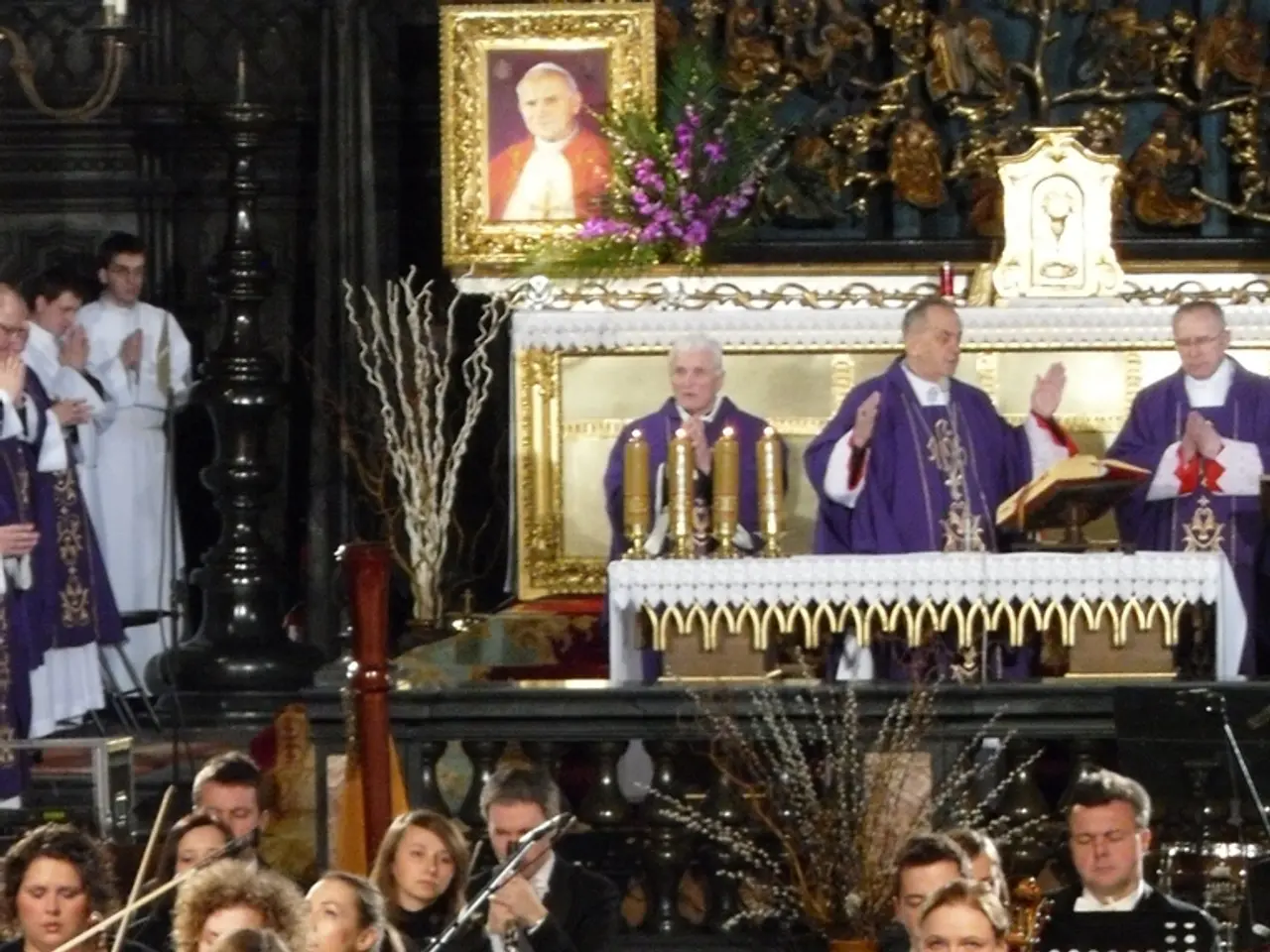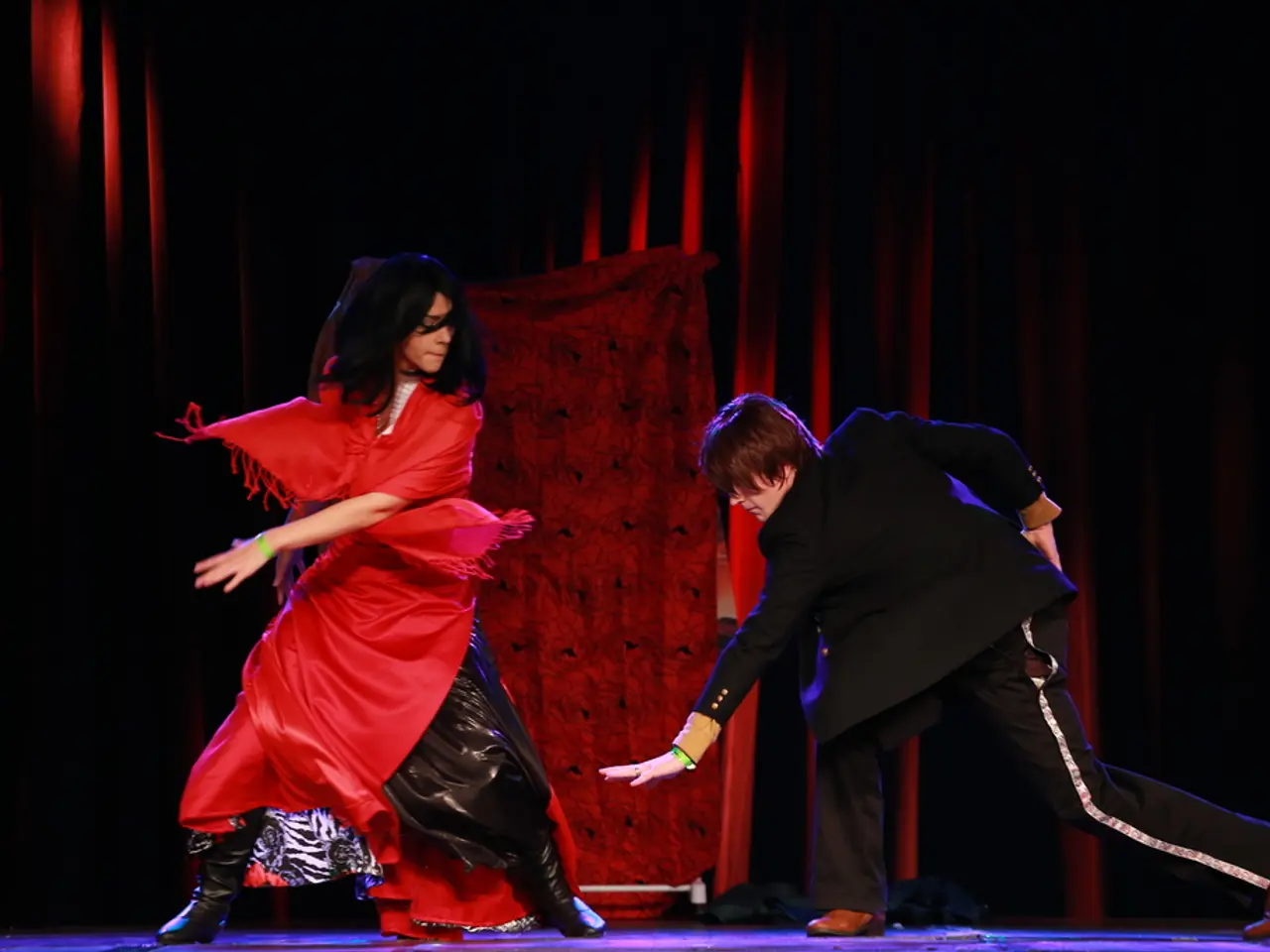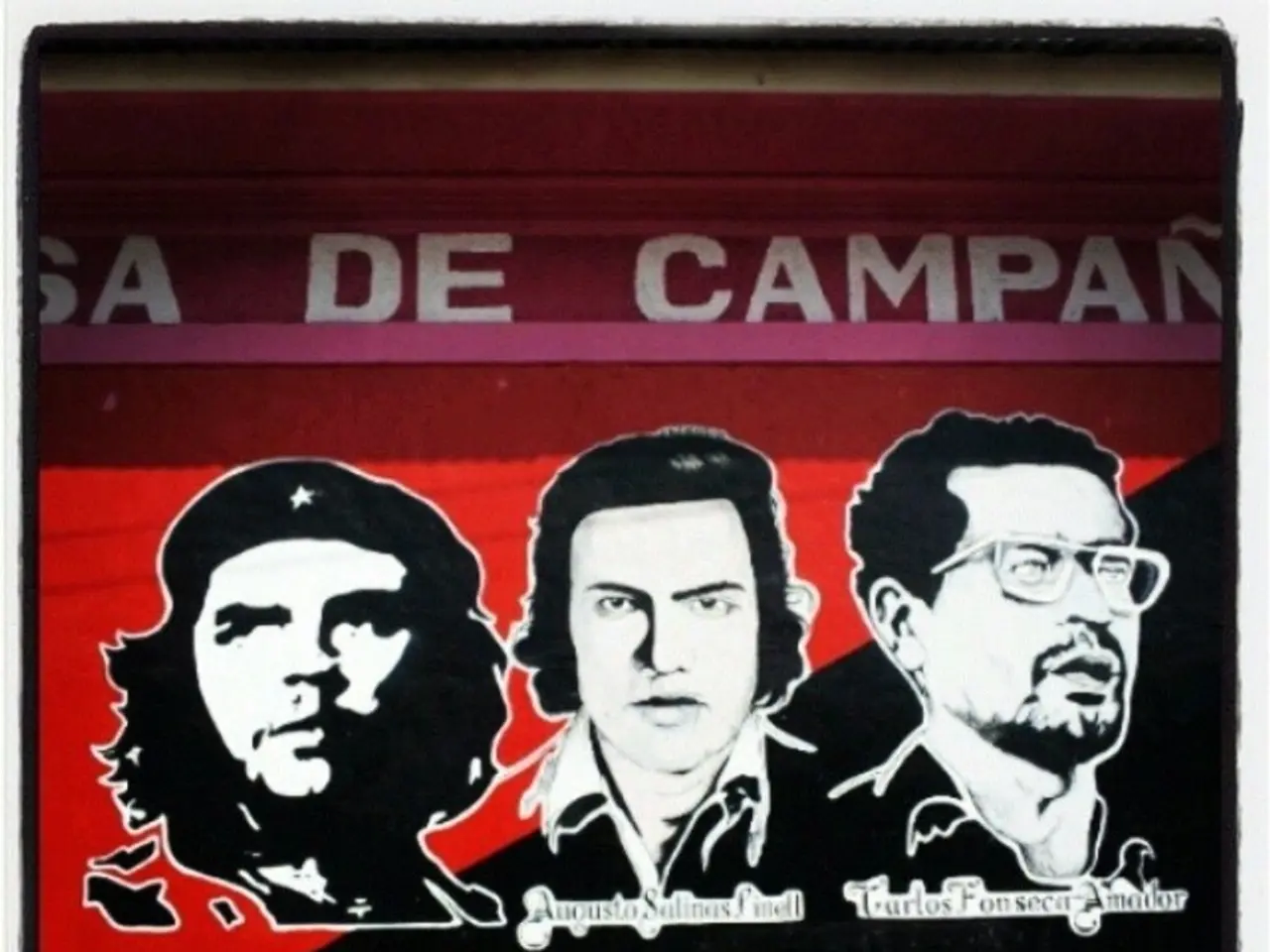The Kwartin Project: Life's Ninth Chapter - Mayn Lebn, Chapter 9
====================================================================================================
In the heart of the 19th century, Yeruchom Hakatan, a prominent Jewish figure, left an indelible mark on Eastern European Jewish culture. Known primarily as a rabbi and scholar, Hakatan also played a pivotal role in the development of Jewish liturgical music during this period.
Born in 1798, Yeruchom Hakatan was a figure of significance in Russian Jewish music of the 19th century. His title "Hakatan" ("the Small" or "the Younger") differentiated him from another figure of the same name.
During a time when Jewish communities in Eastern Europe were undergoing significant cultural and religious shifts, Hakatan contributed to this milieu by influencing the style and propagation of nigunim (Jewish religious melodies) and cantorial traditions. His role helped shape the musical identity of synagogues, particularly within communities influenced by Hasidism, where spiritual songs and melodies were central to worship and communal life.
While Hakatan was not a composer in the traditional sense, he was important as a promoter and transmitter of melodies and prayer styles that blended traditional Eastern European Jewish liturgical tunes with emerging Hasidic musical forms. His work helped cultivate and disseminate Jewish liturgical music during a formative time, influencing the musical practices that would evolve into a distinct tradition recognised today.
Zawel Kwartin, a young cantor, was one individual who was greatly influenced by Hakatan. Kwartin was considered the highest embodiment of Jewish song and prayer by Hakatan himself. Hakatan admired Kwartin's silky alto voice and exceptional sweetness, and believed that Kwartin had a mature understanding of nusakh hatefilah (traditional prayer melodies) at a young age.
Their first meeting took place in Berdichev, where Hakatan praised Kwartin's improvisations as exceptional and his coloratura as strong. Hakatan offered to teach and guide Kwartin in the science of music and singing, and in his religious Jewish education. Hakatan's offer was the only outcome of their trip to Berdichev, and Kwartin gratefully accepted.
As Hakatan grew older and ceased touring, he continued to lead services every Shabbos for Kwartin to hear. Hakatan expressed his belief that Kwartin's voice could mature into the best anyone had ever heard, and he could develop into the greatest cantor for the Jews.
In his book, Legendary Voices, Cantor Samuel Vigoda (1895-1990) describes Hakatan and his students, including Kwartin. Vigoda imagines Hakatan as an upholder of an "indigenous" sound of Jewish prayer music that needed to be protected from the influences of European art music.
In a story, Getzel the Cantor from Balta predicts that a little kid, later identified as Kwartin, would grow up to be something no one could predict, and that all of Russia would someday ring with his name. This prophecy was fulfilled as Kwartin became one of the most renowned cantors of his time.
On a Sunday in Khonorod, the day of the big fair, the total profit from the day's fair was 394 rubles, the greatest one-day profit in the existence of their shop. This day marked a significant turning point in Kwartin's life, as it was the day he travelled by covered wagon to Berditchev to meet and learn from the famous cantor Yeruchom Hakatan.
In summary, Yeruchom Hakatan's significance lies in his role as a spiritual leader who helped cultivate and disseminate Jewish liturgical music during a formative time for Eastern European Jewish culture, influencing the musical practices that would evolve into a distinct tradition recognised today. His role in the development of Jewish liturgical music, particularly his influence on Zawel Kwartin, continues to be celebrated and studied by scholars and musicians alike.
Entertainment and music were integral aspects of Yeruchom Hakatan's contributions to Eastern European Jewish culture, as his work in propagating nigunim (Jewish religious melodies) and influencing cantorial traditions played a pivotal role in shaping the musical identity of synagogues during this period. His impact on Zawel Kwartin, a renowned cantor of his time, showcases the transformative power of Hakatan's teachings on Jewish liturgical music, serving as a source of entertainment as well as spiritual inspiration for Jewish communities.







